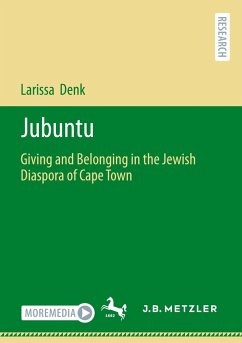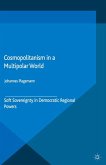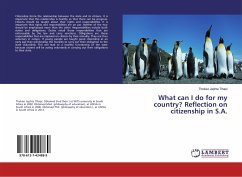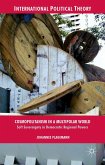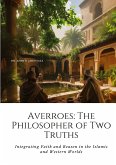This study investigates the nexus between giving, belonging and Jewishness in South Africa. Charitable interactions are as much manifestations of inequalities as an expression of the giving individual's desire to alleviate them. Structuring aspects like class, race, economics, and post-apartheid politics are at the basis of this study. At the same time, though, it is individual agency reproducing inequalities and making sense of the ambiguity of the charitable interaction. In the context of the Jewish community in South Africa this analysis shows how the community's organisations, practices and concepts are connected to charitable giving. The author carved out three dimensions, which are entangled, reinforced, or at times contradict each other: Belonging, diaspora and charitable giving. Along with shared values and practices it relates to, volunteering or charitable giving connects one individual to a group, while possibly excluding another from it. Expressing belonging to the Jewish collective as a diaspora community, relates individuals or collectives to the triadic relationship between local diaspora group, host society and homeland and other local communities of the same diaspora.
Bitte wählen Sie Ihr Anliegen aus.
Rechnungen
Retourenschein anfordern
Bestellstatus
Storno

